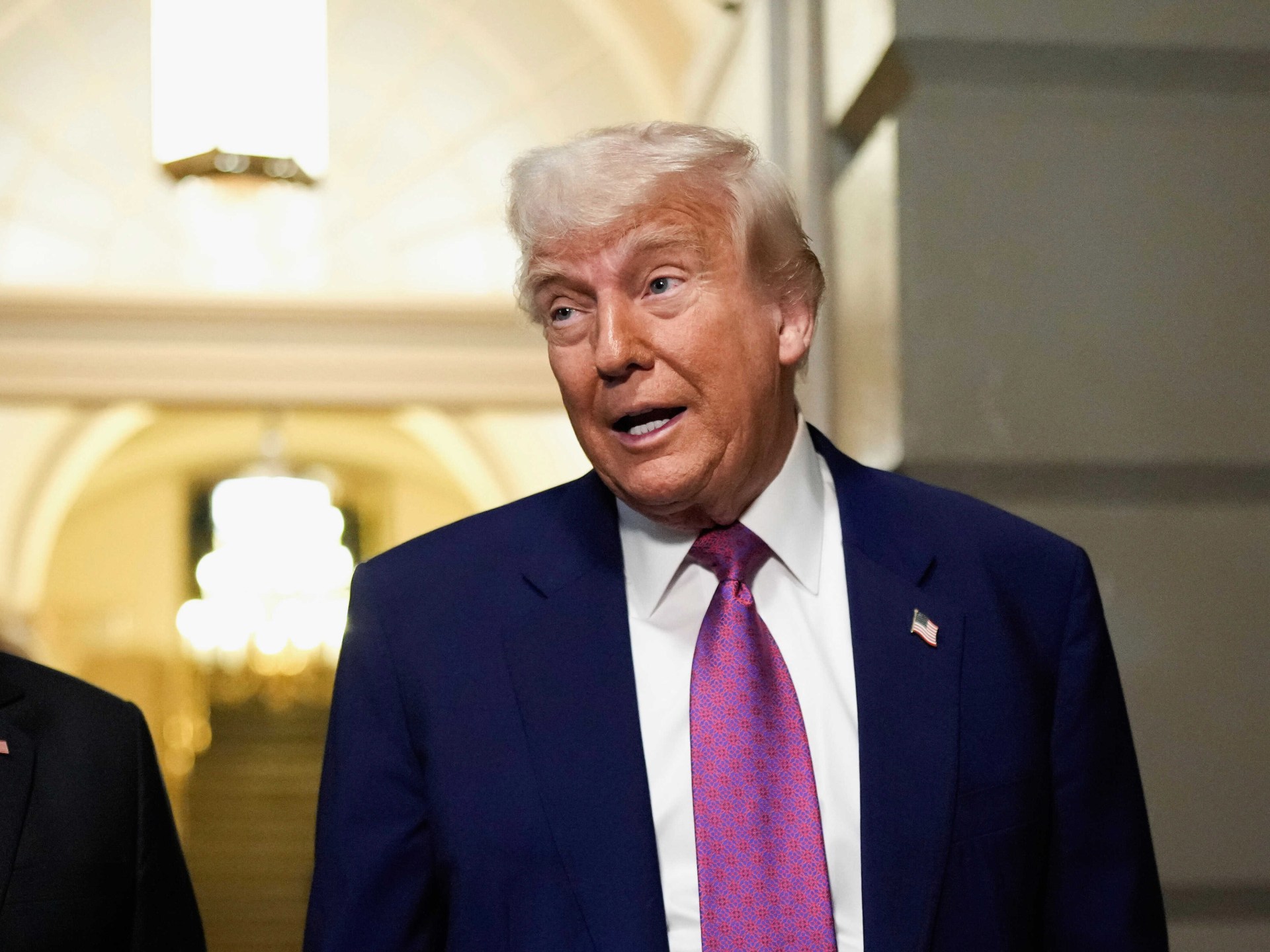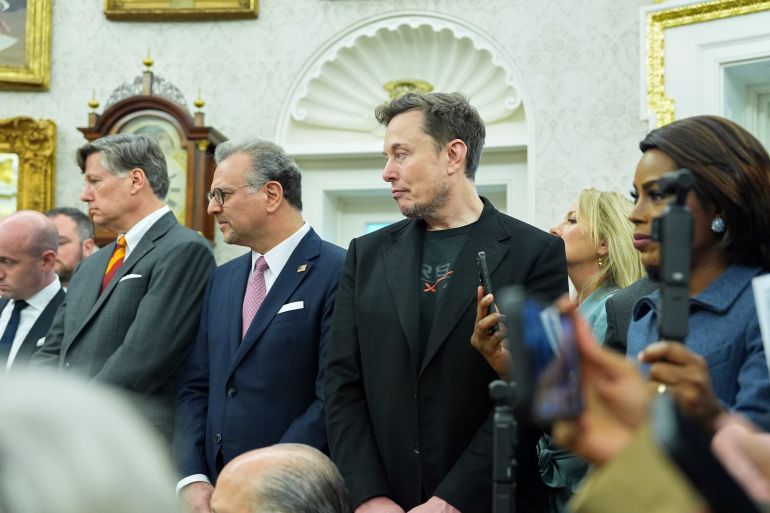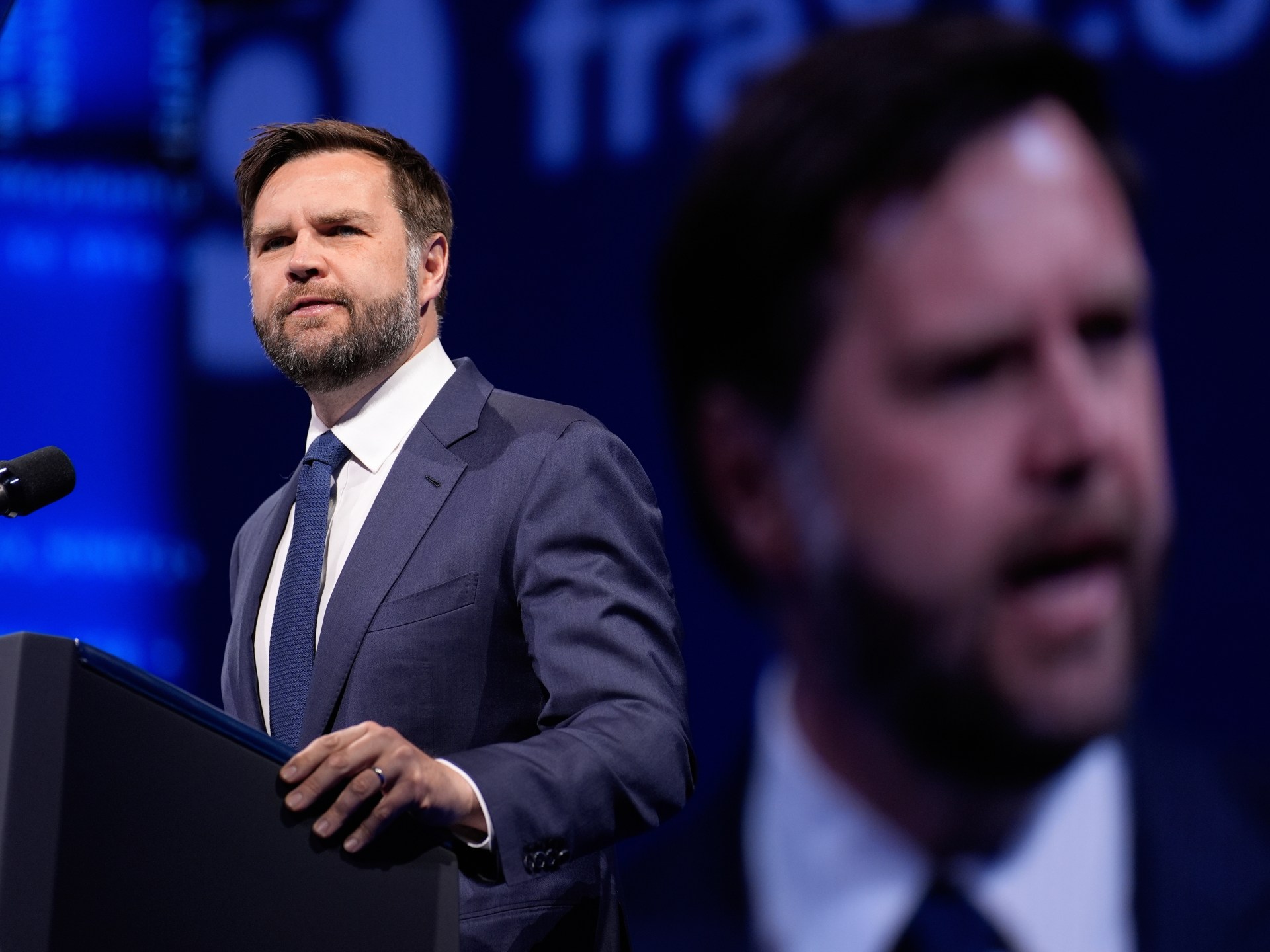Israel’s Government Media Office reports that at least 10 Palestinians in Gaza have been killed by Israeli forces in the last 48 hours despite the besieged enclave’s Government Media Office’s claim that they are desperately seeking assistance from a contentious and heavily criticized United States-backed organization.
A terrifying video showed thousands of starving Palestinians rushing to get aid, many of whom were herded into cage-like lines, from the Gaza Humanitarian Foundation (GHF) distribution point in Rafah, in southern Gaza, on Wednesday.
At least 62 people were injured when Israeli forces “opened direct fire on hungry Palestinian civilians who had gathered to receive aid” at the distribution site, according to a statement from the government media office.
Although it was unknown exactly how many gunshots took place and which days the 10 Palestinians were fatally shot, there were fatalities on both occasions.
The media office decried the killings as a “heinous crime” and claimed that “these locations were transformed into death traps as a result of the occupation’s gunfire.”
The GHF, for its part, announced on Wednesday that it had set up a second of the planned four aid distribution centers in Gaza.
The humanitarian organization and UN officials have publicly condemned the centers’ use of humanitarian aid, which they claim can be adequately and safely increased in Gaza if Israel grants access to it and allows those organizations with decades of experience to handle the flow.
UNRWA’s head of the UN agency for Palestinian refugees, UNRWA, earlier in the day, called on Israel to allow the UN-backed humanitarian system to “do its life-saving work now” and decried the US-backed delivery model as a “distraction from atrocities.
At a meeting in New York to discuss the conflict, several UN Security Council members echoed the message, with Algeria, France, and the United Kingdom among those calling for Israel to grant unrestricted aid deliveries.
Israel is using “aid as a weapon of war,” according to Riyad Mansour, the ambassador of Palestine to the UN.
According to Al Jazeera’s Kristen Saloomey, who spoke from the UN’s headquarters, Feroze Sidhwa and Sigrid Kaag, the UN’s special coordinator for Middle East peace, were among those who addressed the council.
She said that the experts’ repeated requests for a ceasefire and the full resume of aid to the Gaza Strip.
Danny Danon, Israel’s ambassador to the UN, criticized the organization for what he claimed were “attempts to block access to aid” and demanded that Tom Fletcher, the UN’s humanitarian chief, retract his claim.
Marwan Bishara, a senior political analyst for Al Jazeera, said Danon’s attacks shouldn’t surprise him.
He said, referring to Israel’s nearly daily bombardment and siege of Gaza, “They are on the defensive, knowing all too well that they lost their public relations campaign and that their reputation is in the mud.”
John Kelley, the UN’s alternate US representative, stated that the UN should “work with the GHF and Israel to come to an agreement on how to operationalize this system in a way that works for everyone.”
He argued that the GHF was “independent” and “created a secure mechanism for the delivery of aid to those in need.”
Israeli attacks continue without stop.
Rights activists warned of a worsening humanitarian situation as the debate over aid access raged. Israel’s harsh attacks spread throughout Gaza.
According to medical sources speaking to Al Jazeera Arabic, at least 63 people have died in Israeli attacks since Wednesday, bringing the total to at least 54 Palestinians, 084 of whom have died, and more than 123 of those have been injured.
Additionally, the ministry reported that only 17 hospitals in Gaza were still operating despite severe medical and oxygen shortages.
Separately, the Red Cross reported that an Israeli fire early on Wednesday at its field hospital in southern Gaza’s al-Mawasi area caused panic and injuries to the patients there.
Medical Aid for Palestinians (MAP), Oxfam, and other non-profit organizations urged “full, independent, and international investigations into the attacks on Gaza’s healthcare system as violations of international humanitarian law” in an open letter.
Meanwhile, the UN’s World Food Programme reported that hungry people “in search of food supplies” had broken into its warehouse in Deir el-Balah, central Gaza. Although the cause of the latter was not immediately known, preliminary reports indicate that at least four people were killed in the stampede and gunfire.
The organization claimed that boosting aid was “the only way to reassure people that they won’t starve.”
Hani Mahmoud of Al Jazeera reported from Gaza City that even in densely populated distribution centers, the search for food has proven to be fatal.
“For instance, two people have been reported dead in the Gaza City Shujayea neighborhood over the past few hours.” They were killed in an attempt to reach their homes, he claimed.
In recent weeks, they were forced to re-enter. Everything was left behind by them. They were all housed inside the house, along with all of their food and belongings that they managed to obtain.
Ceasefire is still elusive.
A breakthrough for a more lasting agreement to end the fighting has remained elusive as the attacks have persisted.
Steve Witkoff, the special envoy to the Middle East for US President Donald Trump, said on Wednesday that he had “very good feelings” about finding a long-term solution.
Hamas announced shortly after Witkoff claimed to have agreed to a general framework for a permanent ceasefire, the complete withdrawal of Israeli forces from Gaza, and the unhinged entry of humanitarian aid.
The framework conflicts with Israeli Prime Minister Benjamin Netanyahu’s assertion that the Israeli military would continue to impose its own rules on aid access to Gaza and work to end Hamas in its entirety.
Netanyahu outlined senior Hamas figures who were killed in the conflict in a statement to Israel’s parliament on Wednesday. Mohammed Sinwar, the brother and heir of killed Hamas military leader Yahya Sinwar, was also on the list.





